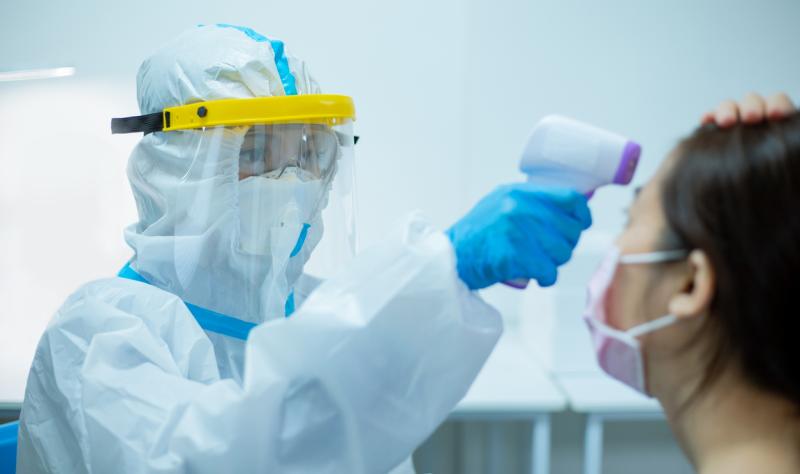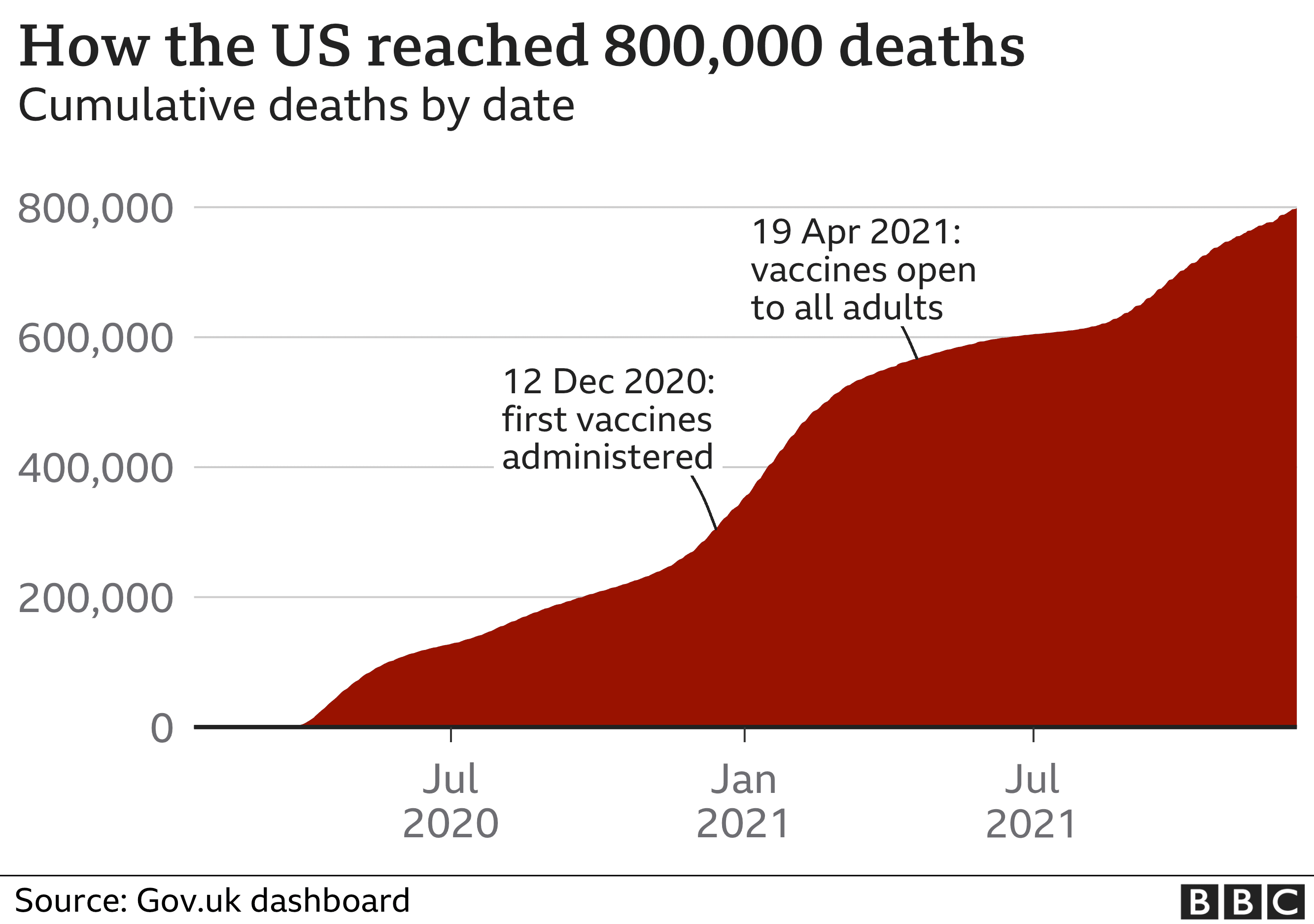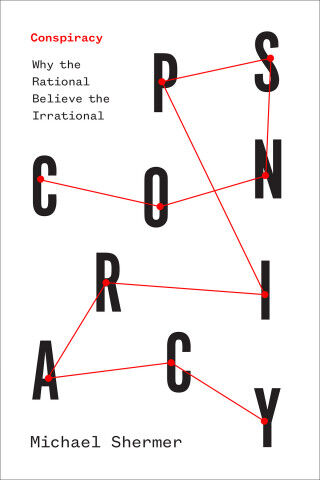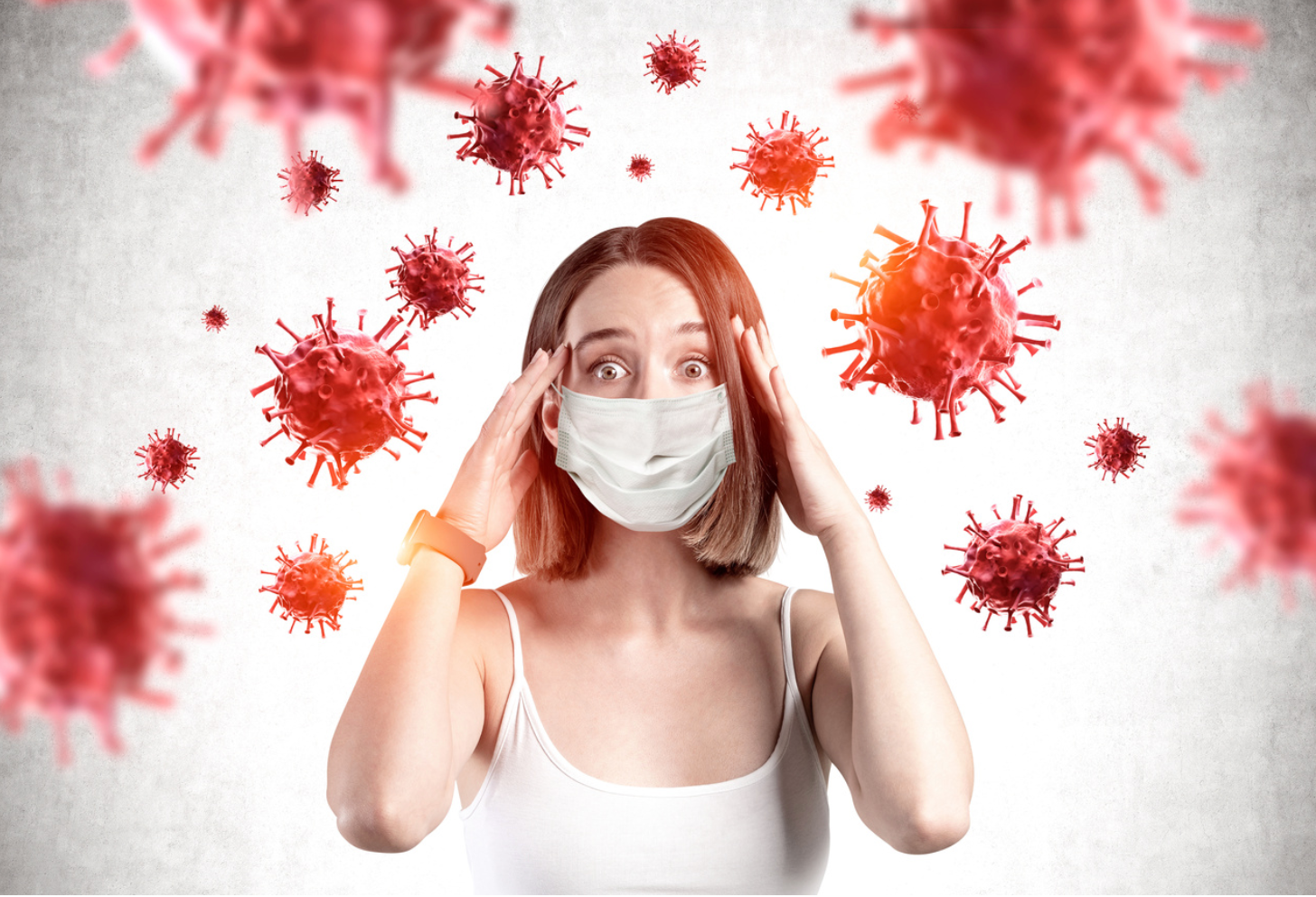COVID in California: CDC changes what it means to be ‘up to date’ on COVID vaccines


CDC suspends travel advisories for lack of data
The U.S. Centers for Disease Control and Prevention has suspended its country-specific list of COVID-19 travel advisories due to a lack of data, the agency announced on Monday. “As fewer countries are testing or reporting COVID-19 cases, CDC’s ability to accurately assess the COVID-19 THN (Travel Health Notice) levels for most destinations that American travelers visit is limited,” an agency spokesperson said in a statement to CNN Travel. Going forward, the CDC will only post a notice for a country if there is concern about a coronavirus variant or other threat.
U.S. cases fall another 13%, deaths down nearly 7%
The seven-day average for new daily COVID-19 cases in the U.S. fell to 47,112 last week, down 13.1% compared to the previous seven-day average of 54,202, according to the latest update from the Centers for Disease Control and Prevention. Hospital admissions declined by 7.4% over the same period, with an average number of 3,773 daily patients compared to 4,029 the previous week. Deaths also are down by 6.7%, with an average of 344 Americans dying daily due to COVID-19. The omicron BA.5 sublineage, which made up 81.3% of the sequenced cases, continues to lose ground due to the positive growth of the sublineages such as BA.4.6 (12.8%), BF.7 (3.4%), BA.2.75 (1.4%) and BA.4 (1.1%). But Americans may be ill-prepared for any potential fall and winter surges. There was a less than 0.1 percentage point change in the number of people receiving their primary vaccination series from the previous week and a mere 1.1% increase in people receiving the updated bivalent booster doses.
CDC updates what it means to be “up to date” on vaccination
With the recommendation for the updated bivalent COVID-19 boosters last month, the U.S. Centers for Disease Control and Prevention on Friday updated its vaccine recommendations to say individuals are considered to be “up to date” once they complete a COVID-19 vaccine primary series and receive the most recent booster dose recommended. “The more people who stay up to date on their vaccinations, the better chance we have of avoiding a possible surge in COVID-19 illness later this fall and winter,” the agency said, recommending people use its online tool to determine when to get booster doses.
Paxlovid significantly reduces coronavirus hospitalizations and deaths, studies confirm
Patients who are prescribed the anti-viral treatment Paxlovid are about two times less likely to be hospitalized for COVID-19 and about four times less likely to die from the coronavirus than those who might be eligible for Paxlovid but did not receive a prescription, according to a dual-team study shared by UCSF’s Bob Wachter over the weekend. The study was completed by two independent teams of clinicians and research scientists, using a data set of more than 163 million patients from 173 Epic Research organizations including over 1,000 hospitals and over 22,500 clinics, serving patients in all 50 U.S. states and Lebanon. While the data show unvaccinated individuals over 65 benefited most from the treatment, the results were positive for all eligible age groups. “In our unadjusted analysis, for patients aged 50+ who have received a complete primary series of a COVID-19 vaccination with or without a booster, there is a statistically significant difference in the hospitalization rate for those who received Paxlovid and those who didn’t. This remains true regardless of vaccination status,” the researchers wrote.
FDA warns newer variants can evade Evusheld
The Food and Drug Administration is advising health care providers to inform patients receiving Evusheld of the increased risk for developing COVID-19 when exposed to newer coronavirus variants that can evade neutralization. The main subvariant of concern is BA.4.6, which has gradually growing in proportion in the U.S. over the past few weeks. Evusheld is currently the only protection option for use in immunocompromised individuals who may not mount an adequate response to COVID-19 vaccination, and for individuals for whom COVID-19 vaccination is not recommended due to a history of a severe adverse reaction. “Health care professionals should inform patients of this risk and advise patients who develop signs or symptoms of COVID-19 to test for SARS-CoV-2 infection and promptly seek medical attention, including starting treatment for COVID-19, as appropriate if they test positive,” the advisory issued Monday said.















